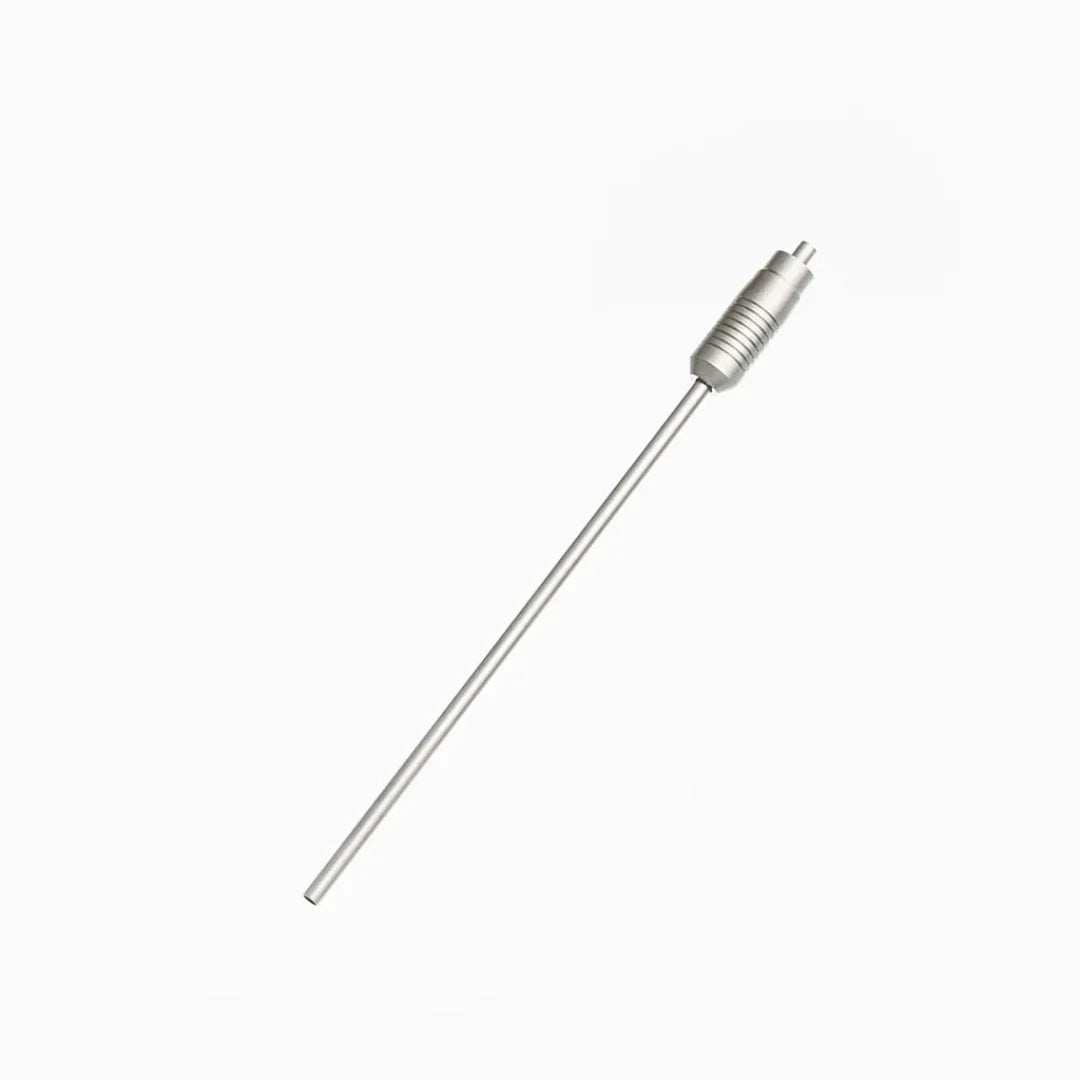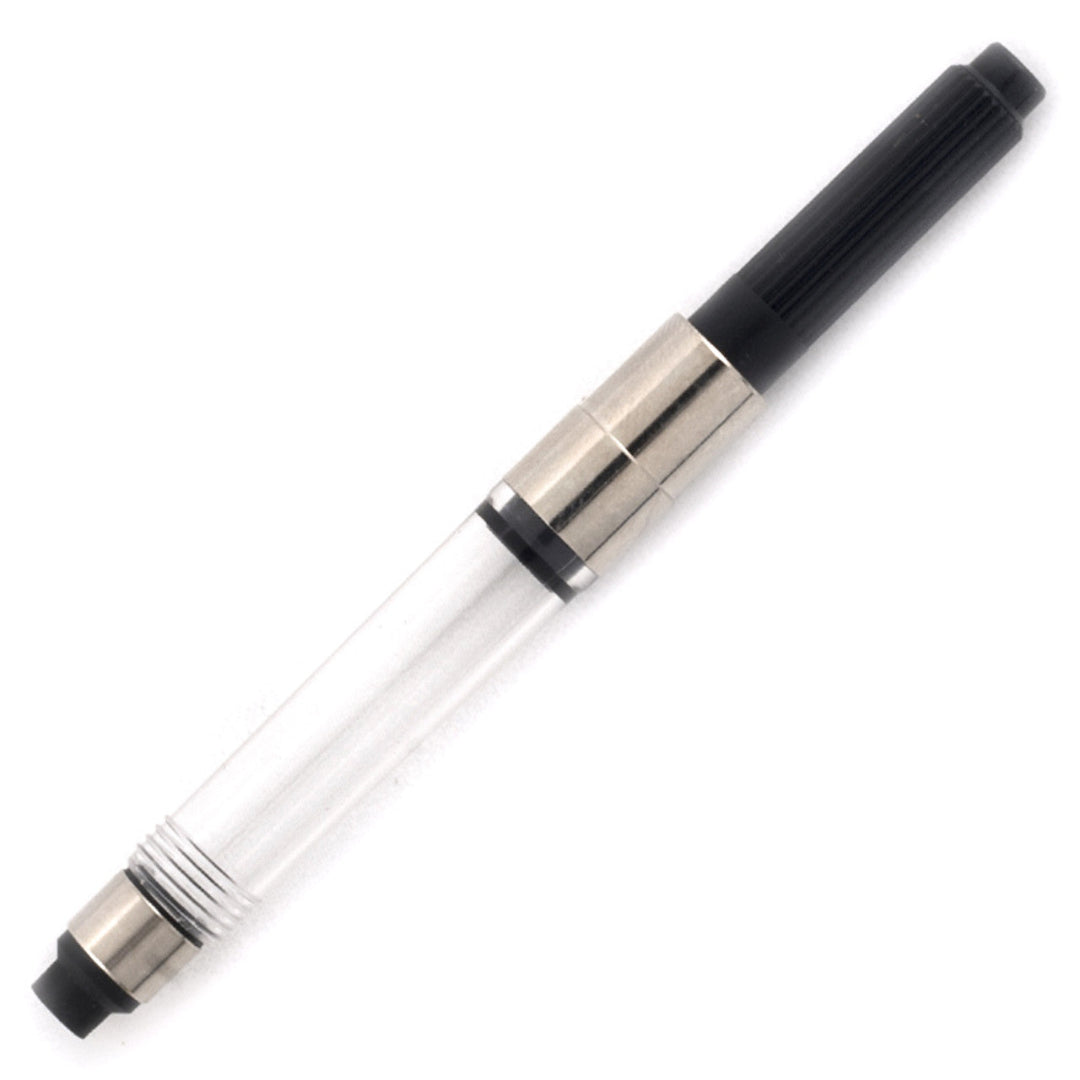The Timeless Power of Pen and Paper: Why Writing by Hand Matters
The Timeless Power of Pen and Paper: Why Writing by Hand Matters.
In our fast-paced digital era, where keyboards and touchscreens dominate, there is still an undeniable charm and significance to the age-old practice of writing by hand. Whether it's scribbling down notes during a meeting or fashioning a heartfelt letter to a loved one, the act of putting pen to paper carries a sense of intimacy and personal touch that technology struggles to replicate.
Beyond its nostalgic allure, writing by hand offers a myriad of benefits that can enhance productivity and memory retention.
Here are four compelling reasons why taking the time to write it out is worth considering:
Cultivating Thoughtfulness and Crafting Stronger Arguments. In a fascinating study conducted by the University of Waterloo and published in the esteemed British Journal of Psychology, researchers discovered a surprising connection between writing by hand and the quality of written work. They found that students who opted for the traditional approach of pen and paper, as opposed to typing on a computer, produced essays of superior overall quality, ranging from vocabulary choices to sentence structure. The study's hypothesis suggests that the act of writing by hand compels individuals to slow down, encouraging more deliberate and thoughtful engagement with the content. By allowing thoughts to flow at a measured pace, writers can forge stronger arguments, establish meaningful connections, and deliver their ideas with greater precision.
Enhancing Memory Retention and Deepening Connections. What you write by hand has a higher likelihood of etching itself into your memory compared to digital inputs. Even when transcribing external information or jotting down notes, the physical act of writing requires a deliberate engagement with the material. When you write by hand, you naturally dedicate more time to consider and comprehend the content, resulting in enhanced memory retention. Moreover, writing by hand involves your entire arm in the process, making it a more holistic sensory experience compared to the isolated finger movements on a keyboard. This engagement of multiple senses stimulates various parts of your brain, creating stronger internal connections between the words and your mind. As a result, the information becomes more deeply ingrained, offering a potential cognitive advantage over typing.
Unleashing the Artistic Expression of Handwriting. Beyond its functional aspects, handwriting is an art form in its own right—an outlet for creative expression. When you write by hand, it's not just the words themselves that convey meaning; the visual appearance of the script can evoke a sense of personality and individuality. The way you form letters, the artistry of calligraphy and hand lettering, or even the choice to add whimsical elements like capitalisation or embellishments, all contribute to the creative dimension of handwritten communication.

Unlike digital text produced by word processing programs, handwriting allows for a unique blend of linguistic and visual expression
It adds a layer of creativity and emotional depth that can be difficult to replicate in the sterile world of electronic communication. By embracing the aesthetics of handwriting, you can infuse your words with additional meaning and make a lasting impression.
In a world increasingly reliant on digital conveniences, the enduring power of pen and paper remains steadfast. Writing by hand provides a distinct experience—one that invites thoughtfulness, enhances memory, and offers a canvas for artistic expression.
So, let us not forget the humble pen and paper, for they continue to be valuable tools that foster human connection, creativity, and personal growth in an ever-evolving digital landscape.












Leave a comment